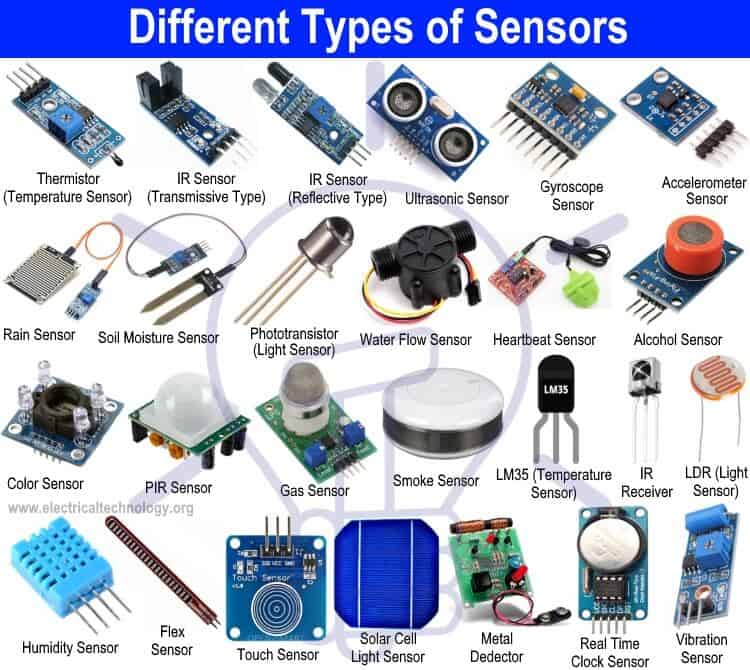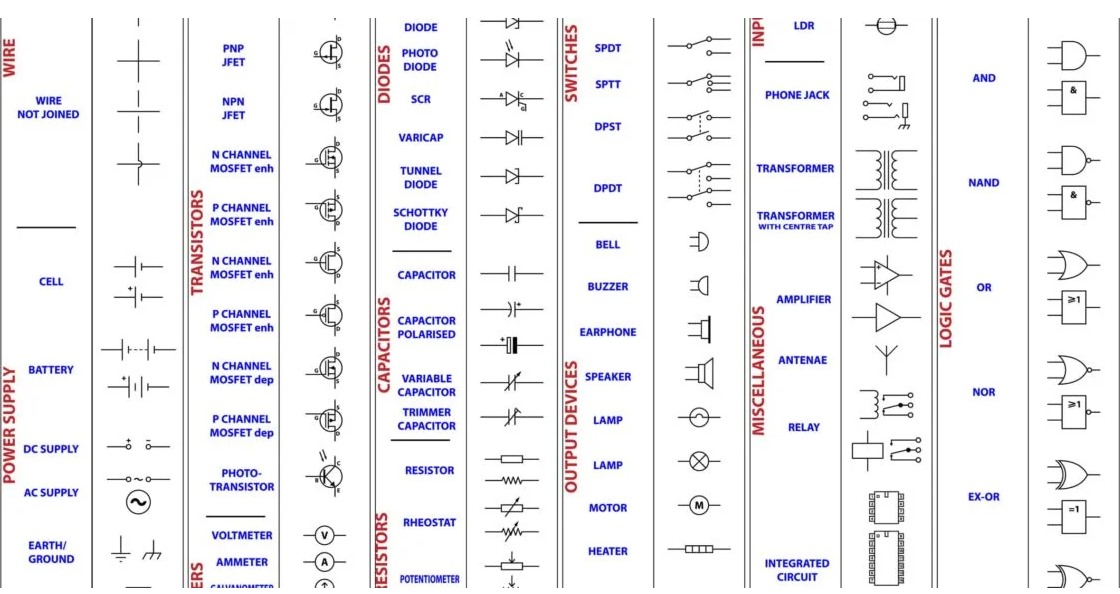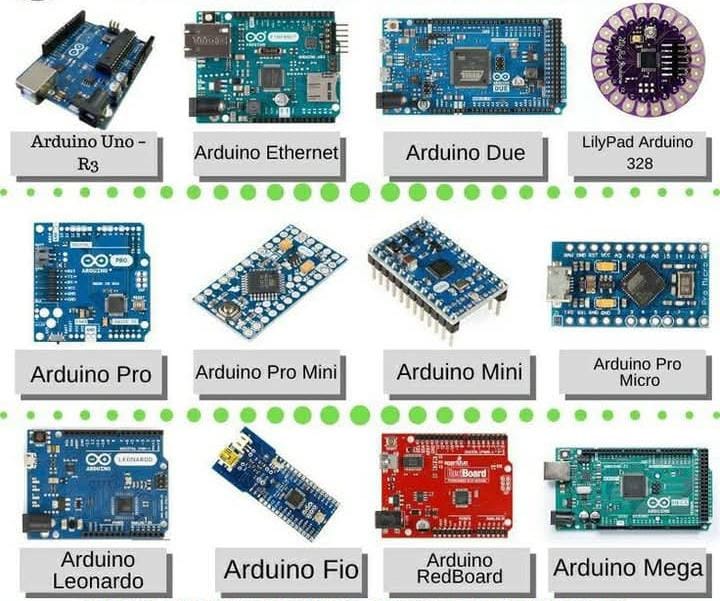
The installation of fibre optic cables involves a systematic process to ensure reliable, high-speed data transmission. It starts with a site survey and planning, where routes are mapped, obstacles assessed, and termination points (ODFs – Optical Distribution Frames) identified. Cables are then laid using appropriate methods such as ducting, trenching, aerial suspension, or direct burial depending on terrain and infrastructure.
The process includes pulling or blowing the fibre into ducts, maintaining proper bend radius, and using protective conduits to prevent damage. After installation, the cables are terminated and spliced at designated points using fusion splicing or mechanical connectors. These terminations are housed in ODFs, splice enclosures, or patch panels for easy management.
Finally, the system undergoes testing and verification using tools like Optical Time Domain Reflectometers (OTDR) and power meters to confirm continuity, signal quality, and minimal losses before commissioning the network.
- Teacher: DANIEL M






